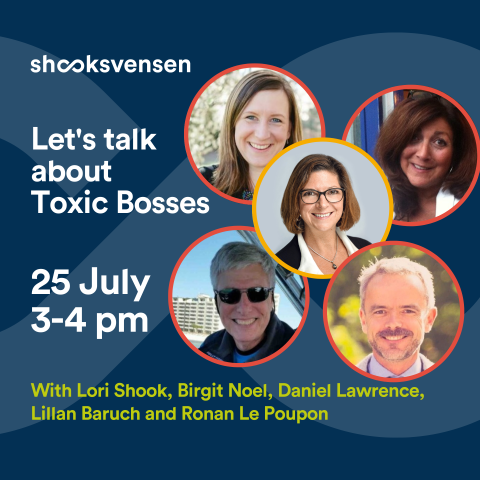
What do we do about trauma?
So many people are talking about trauma these days.
Trauma used to be reserved for special conditions, like “blunt force trauma” meaning a terrible physical injury, or post traumatic syndrome which you might endure after being in a warzone.
But trauma is much broader and more insidious than that.
Trauma occurs when something painful has happened and it sticks with you – in body and/or mind – and it affects your emotional wellbeing.
When you have experienced trauma, you become sensitised to certain situations, stress reactions takeover, and you can’t deal with the situation effectively.
Trauma can occur from
- Being attacked physically or emotionally
- Being raised by parents who hit you
- Going to boarding school
- Losing a job
- Suffering from isolation (like during lockdown)
- Being bullied
- Watching traumatic events on TV – both real and fictional
Covid and lockdown created trauma for so many people.
When we have been hurt in the past, we carry that with us and react to current situations based on past experiences. It’s confusing to people around us and can be hurtful to those we live and work with, but our inner world retains past trauma
According to trauma expert, Dr Gabor Maté, ‘Trauma is the invisible force that shapes our lives. It shapes the way we live, the way we love and the way we make sense of the world. It is the root of our deepest wounds’.
There is a whole range of trauma. On one end is the hugely damaging trauma of war, rape, abuse. On the other end lives the “smaller” events – that may not be as dramatic but nevertheless, they are still damaging and they stay with us and unnerve us regularly.
Most of us have suffered some kind of trauma and even without us knowing it, it’s affecting us every day.
So, what can we do?
- Recognise that we carry memories and hurt with us.
- Talk to people about it, having your trauma heard, held and loved reaps huge benefits.
- Avoid news coverage and social media that overwhelms you.
- Normalise them – don’t make yourself out to be ‘different’ because of how seemingly historic events impact your day-to-day life.
- If your trauma is affecting you so much that it impairs your ability to cope, then prioritise self-care – eat well, get regular exercise and get a good night’s sleep.
- Get help. There are resources available and starting with an online search may be the smartest thing for you.
Remind yourself that everyone around you has their own trauma experiences. Also recognise that working on self-acceptance, compassion, mindfulness, gratitude and listening will help heal the wounds.
Let’s talk about toxic bosses

One source of trauma for people these days is working in a toxic environment or having a bully for a boss. On Monday, 25th of July, we will host a webinar about the impact of these situations.
more info